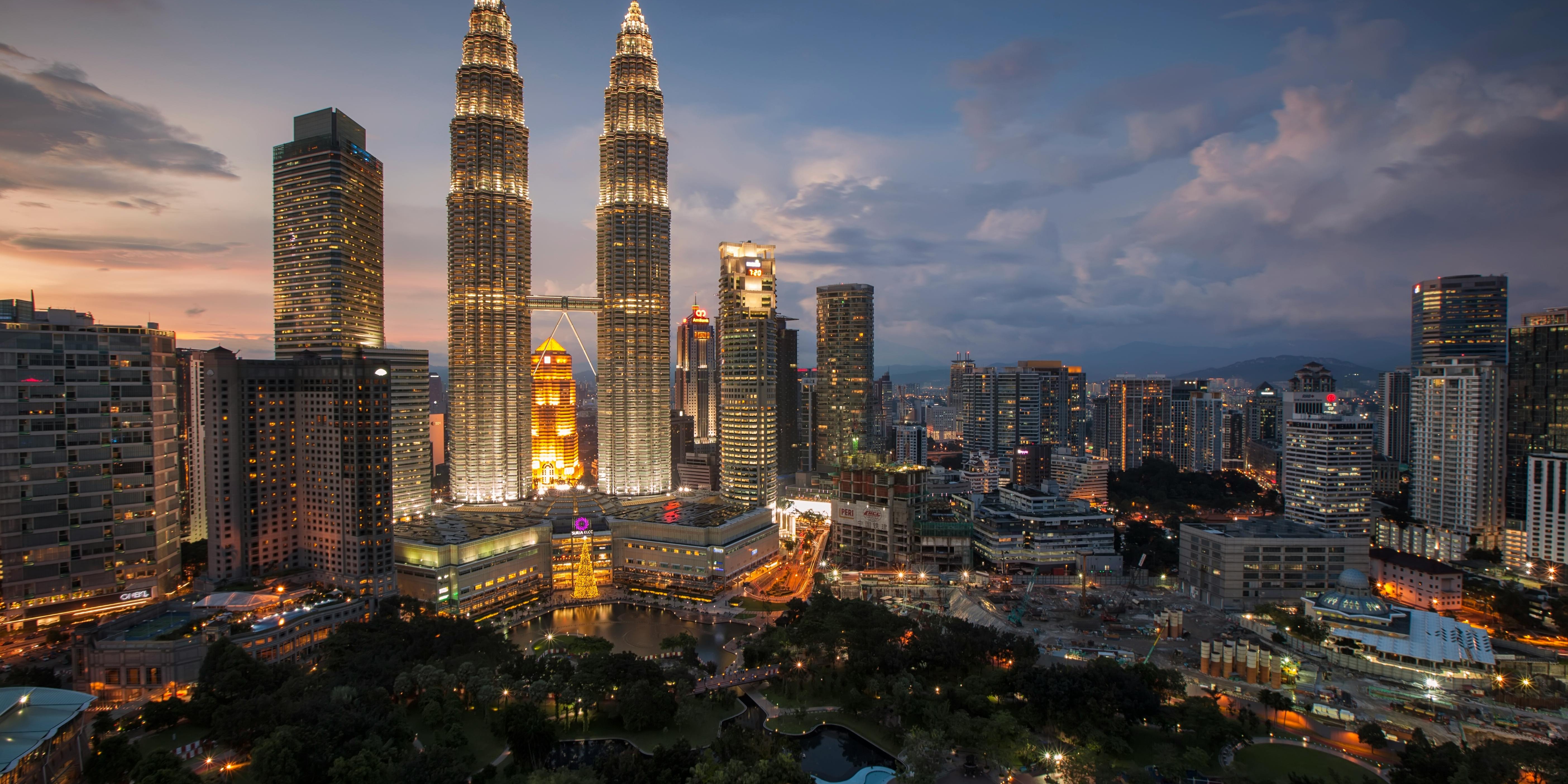Malaysia sends mission to beckon European Muslim travellers
Malaysia is exploring opportunities to tap into the burgeoning European Muslim population to propel its tourism industry.
To leverage the European market's high demand for outbound travel, Malaysia's Islamic Tourism Centre (ITC) organised a sales mission to two cities - Paris in France, and London in the UK - in February.
ITC, which operates under Malaysia's ministry of tourism, arts and culture, said in a statement that it will connect with “local travel agents and Muslim community associations to share the best of Muslim-friendly Malaysia offerings.”
The services include Muslim-friendly tourism and hospitality assurance and recognition-approved services that also cover accommodations and Muslim-friendly tourist guides.
ITC will also connect with media and key influencers among Muslim communities in Paris and London.
An estimated 25.7 million Muslims reside across Europe.
The centre, alongside Tourism Malaysia, will introduce Ramadan tour packages to the European market, where tourists can choose from a selection of programmes.
Nizran Noordin, ITC's director general, said that the sales mission follows the success of the China Imam familiarisation trip organised last January, where Imams from the East Asian country were introduced to Malaysia's culture, heritage and other attractions.
“We see the same opportunity in the European market that we want to tap into. In France, there is a Muslim population of 5.7 million, and in the UK, a study revealed that 68% of British Muslims are prioritising halal food availability and Muslim-friendly environments when they choose their travel destinations."
From halal food to Muslim-friendly hotels, Malaysia offers a conducive ecosystem for Muslim travellers. In 2023, the country ranked first in the Mastercard-Crescentrating Global Muslim Travel Index (GMTI) 2023 report.
It also topped the Global Islamic Economy Indicator (GIEI) in the State of the Global Economy 2023/24 Report launched late last year.
The GIEI is a composite weighted index that measures the development of a country’s Islamic economic sectors. It consists of 52 metrics across five components for each of the seven sectors of the Islamic economy.
These include Islamic finance, halal food, Muslim friendly travel, modest fashion, media and recreation, halal pharmaceuticals and halal cosmetics.

